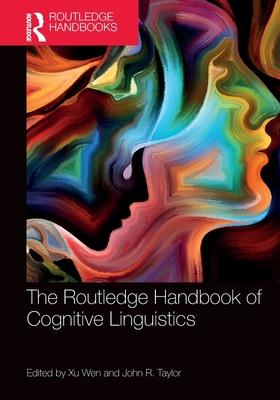The Routledge Handbook of Cognitive Linguistics provides a comprehensive introduction and essential reference work to cognitive linguistics. It encompasses a wide range of perspectives and approaches, covering all the key areas of cognitive linguistics and drawing on interdisciplinary and multidisciplinary research in pragmatics, discourse analysis, biolinguistics, ecolinguistics, evolutionary linguistics, neuroscience, language pedagogy, and translation studies.
The forty-three chapters, written by international specialists in the field, cover four major areas:
- Basic theories and hypotheses, including cognitive semantics, cognitive grammar, construction grammar, frame semantics, natural semantic metalanguage, and word grammar;
- Central topics, including embodiment, image schemas, categorization, metaphor and metonymy, construal, iconicity, motivation, constructionalization, intersubjectivity, grounding, multimodality, cognitive pragmatics, cognitive poetics, humor, and linguistic synaesthesia, among others;
- Interfaces between cognitive linguistics and other areas of linguistic study, including cultural linguistics, linguistic typology, figurative language, signed languages, gesture, language acquisition and pedagogy, translation studies, and digital lexicography;
- New directions in cognitive linguistics, demonstrating the relevance of the approach to social, diachronic, neuroscientific, biological, ecological, multimodal, and quantitative studies.
The Routledge Handbook of Cognitive Linguistics is an indispensable resource for undergraduate and postgraduate students, and for all researchers working in this area.












